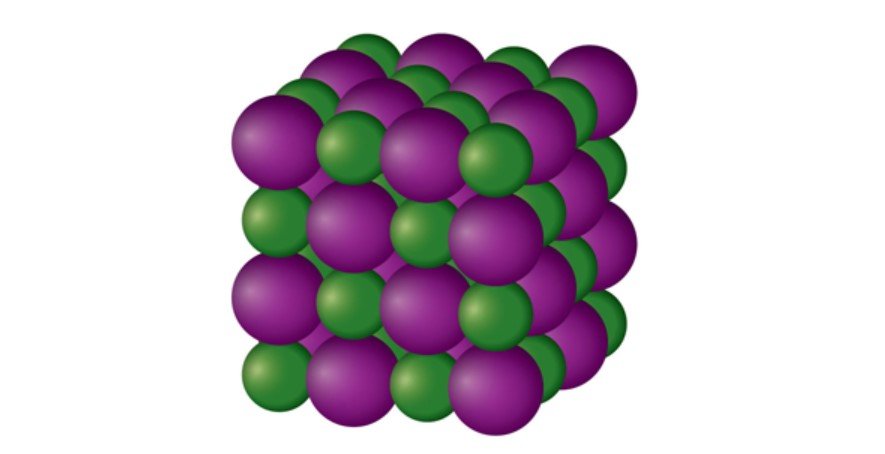In a landmark event that could redefine the automotive industry, GAC has unveiled its latest advancements in autonomous driving and solid-state battery technologies. This breakthrough heralds a new era of electric vehicles (EVs) that are not only smarter but also more efficient and safer than ever before.
A Glimpse into Tomorrow: The Garcia Intelligent Driving System
GAC’s Garcia Intelligent Driving System represents a significant milestone in autonomous vehicle technology. Developed entirely in-house, this image-based system is designed to navigate complex traffic environments with precision. Unlike traditional systems that rely heavily on LiDAR and high-precision maps, Garcia uses advanced visual sensors coupled with AI algorithms to make real-time driving decisions. This innovation promises to enhance the driving experience by ensuring safety and reliability in dynamic scenarios, such as traffic signal recognition and handling sudden changes in traffic flow.

The system’s ability to operate without high-precision maps makes it a game-changer, offering a comprehensive driving experience across various scenarios. GAC’s commitment to deploying this technology for mass production by 2026 underscores their dedication to leading the autonomous driving revolution.
Revolutionizing Energy Storage: The Advent of Solid-State Batteries
Parallel to its strides in autonomous driving, GAC has achieved a “breakthrough” in solid-state power batteries. These batteries boast an impressive energy density, thanks to the utilization of third-generation sponge silicon negative electrode plate technology and high-capacity solid-state positive electrode technology. The result is a battery that not only exceeds the performance of traditional liquid electrolyte batteries but also offers enhanced safety features.
Solid-state batteries are less prone to overheating and significantly reduce the risk of fire or explosion, addressing one of the major safety concerns with current lithium-ion batteries. With the potential to provide longer driving ranges and shorter charging times, these batteries are set to revolutionize the EV market. GAC’s ambition to fully implement this technology by 2026 could position them at the forefront of the global power battery competition.
The Road Ahead: Challenges and Opportunities
While the promise of autonomous driving and solid-state batteries is immense, the road ahead is not without challenges. Mass-producing solid-state batteries remains a complex endeavor that no manufacturer has yet mastered. However, GAC’s advancements suggest that they are well on their way to overcoming these hurdles.
The company’s progress in these areas is not just a testament to their technological prowess but also a reflection of their vision for the future of mobility. As other automakers like Nio and IM Motors race to develop their own versions of solid-state technology, GAC’s achievements could very well set the standard for what’s to come in the automotive industry.